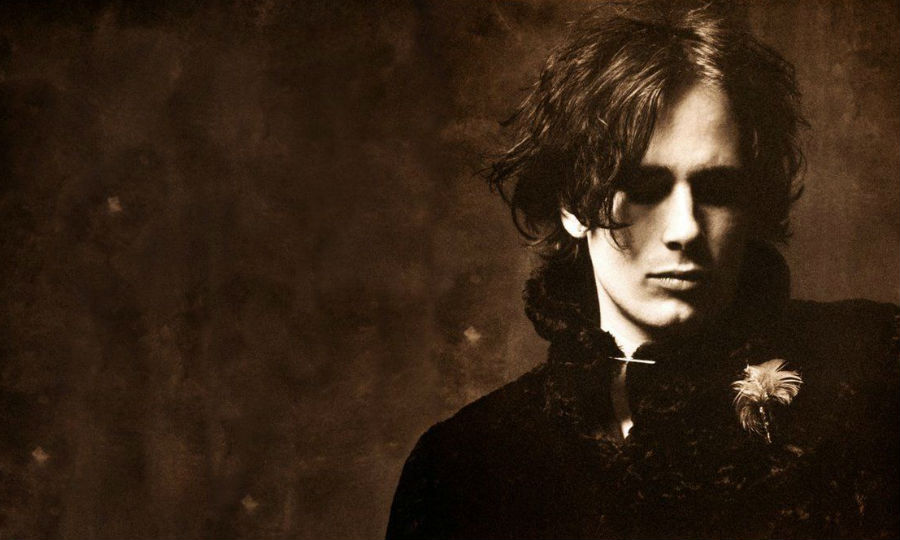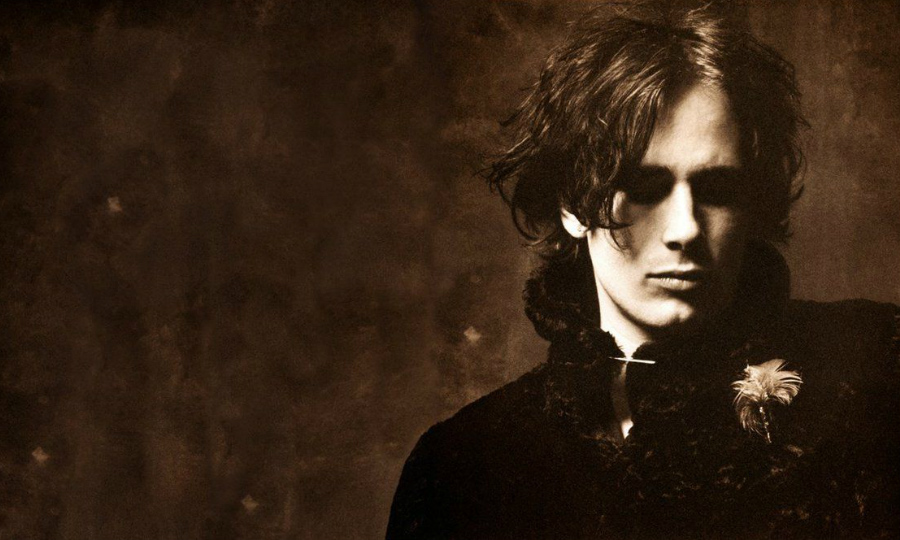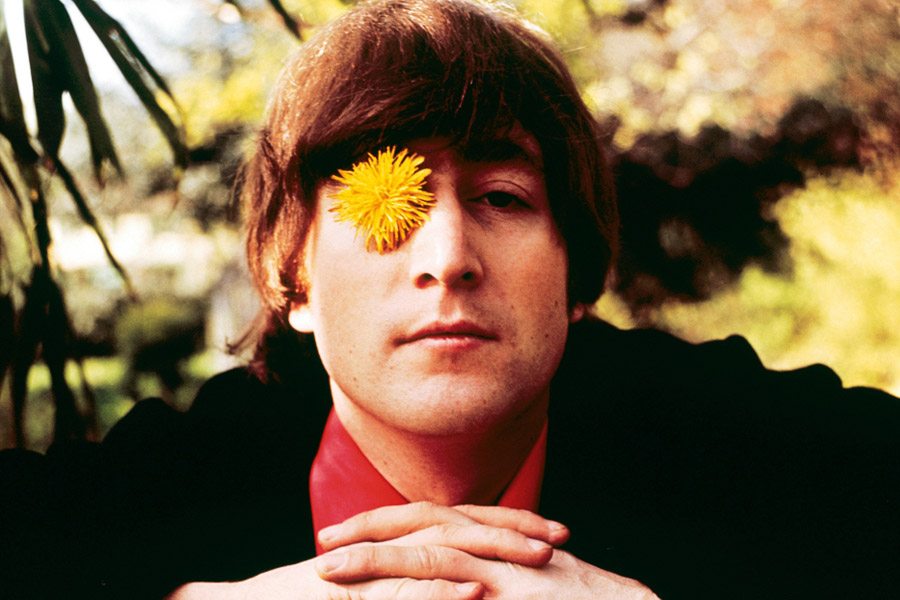When an artist dies, what happens to the art they leave behind? Do they forfeit all creative control for leaving this mortal coil? Would the world be a better place if they could experience another work of inextricable genius? Are posthumous releases ethical? Today, we attempt to find out.
When Jeff Buckley was in Memphis doing sessions for his second album, My Sweetheart The Drunk, he was feeling the pressure of his building mythology. The legend of his father, 60s avant-garde folk artist Tim Buckley, had overshadowed his entire career and was something he fervently tried to outdistance.
The band had flown back to NYC at the end of a session and Jeff was feeling thoroughly unsatisfied with how the album was coming along. Sitting down for dinner, Television’s Tom Verlaine, who was producing the album, said “You’re not happy with the album are you?”. Jeff shook his head.
“Before you fly back to NYC go to the studio tonight and delete everything. Erase all traces of the songs, otherwise Sony will find a way to release it. One way or another,” said Tom.
Three months later 29 May 1997, Jeff Buckley drowned in the Mississippi River.
Is it okay to plunder an artists work after they’re gone? We look at the ethics of posthumous releases through the lens of Jeff Buckley, Jimi Hendrix and Szymon.
Jeff Buckley
After Jeff’s death Columbia Records were faced with a problem. They had the building legacy of a timeless artist in their hands, with one released masterpiece to his name. Columbia decided to handover all creative control for future releases to Jeff’s mother Mary Guibert who briefly married Tim Buckley in 1965. Projects were also overseen by Jeff’s old band member Michael J. Clouse and thus there was a personal investment in honouring Buckley’s name.
The first release was titled Sketches for My Sweetheart the Drunk (1998) and certainly sounds like an unfinished album, though the beautiful inclusion of Satisfied Mind is a lovely touch from Jeff’s mother. Because Jeff wasn’t the most prolific songwriter, he didn’t have a cent to his name when he died. Thus the ethical ramifications are altered for artists like Cohen, Prince and Bowie.
Sony has since gone on to release virtually every fragment of recorded sound by Jeff Buckley, including 10 compilation albums and 9 live albums. While on 2016’s You and I – a collection of raw studio recordings from Buckley’s earliest days with Sony hit #2 on the Australian Charts – there are moments that feel far too personal to be shared, especially 20 years after his death. It was essentially unnecessary and existed only for fan gratification.
That being said I am an avid Jeff Buckley fan and I’m not ashamed to admit that I own many of these albums. Live at Siné is easily one of my favourite live albums and it reveals a remarkable depth to Buckley’s talent that is never fully fleshed out in Grace. However, I also know there is a serious financial incentive for Sony to continue these releases and I can’t help but feel like Jeff is turning over in his grave.
Jimi Hendrix
When Jimi Hendrix tragically over-dosed on 18 September 1970, he was at the height of his game. Unlike Buckley, who was very much a raw untapped talent at death, Hendrix had recorded three of the most enduring rock records of all time. He was standing at the top of a creative mountain looking for the next place to go.
Jimi did a tremendous amount of studio recording throughout his lifetime, so it’s no wonder we are still hearing new material 50 years on. However, for an artist who arguably reached their peak during their lifetime, releasing 18 studio albums and 27 live albums only damages the potency of his tremendous lifetime works.
Of course this is only one opinion, however, I think Jimi’s legacy would remain certifiably bulletproof without the post-death scramble for music rights.
Jimi’s sister Janie Hendrix, father Al Hendrix and Electric Ladyland engineers Eddie Kramer and John McDermott have been struggling over legal disputes for years. However, with the Hendrix Estate and Kramer –who did many of the mixes and was a close friend of Hendrix – working together, releases like First Rays Of The Rising Sun were a huge success and continue to grow Jimi’s fanbase, bringing his genius to a new generation of inspired kids.
Szymon
Perhaps the most interesting case of posthumous publishing, what happens if someone dies only to discover an unreleased catalogue of genius left behind.
When famous writer Franz Kafka died in 1924, his will stated his lawyer and friend Max Brod should destroy his works. Brod denied him and compiled his notes into some of the most revolutionary works of literary genius to this day.
At the age of 19, Szymon, Josiah Borzetowski, was on the verge of signing a record deal with EMI. Having pieced together much of the albums material in his home studio, the multi-instrumentalist was forced to drop the project due to his increasingly debilitating depression. In 2012 he tragically took his own life.
His family, however, were so moved by his music that they were determined that it see the light of day. In 2015 Szymon’s debut album Tigersapp was released and it was highly acclaimed, receiving five stars from Rolling Stone and an ARIA nomination.
With it’s distinguished modern hue, Szymon is the league of artists like Gotye and Bon Iver. In contrast to his tragic suicide, the music is bright, vivid and brimming with ideas. The crafting of the tracks gives us insight into Szymon as a musical perfectionist, whose compositions are fragile and painstaking in their construction. Furthermore, Szymon recorded every instrument on the record.
Much like Kafka, the posthumous release of Szymon’s genius has been a huge credit to the world, inspiring and helping many others living with depression as well as giving Szymon the praise he most assuredly deserves.
Wherever you stand on the matter, I think it all comes down to context. Each artist exists within a unique set of circumstances when they die that shape the ethical consequences of their posthumous legacy.
The one solace to take in all of this is at least they are all playing the great gig in the sky.




